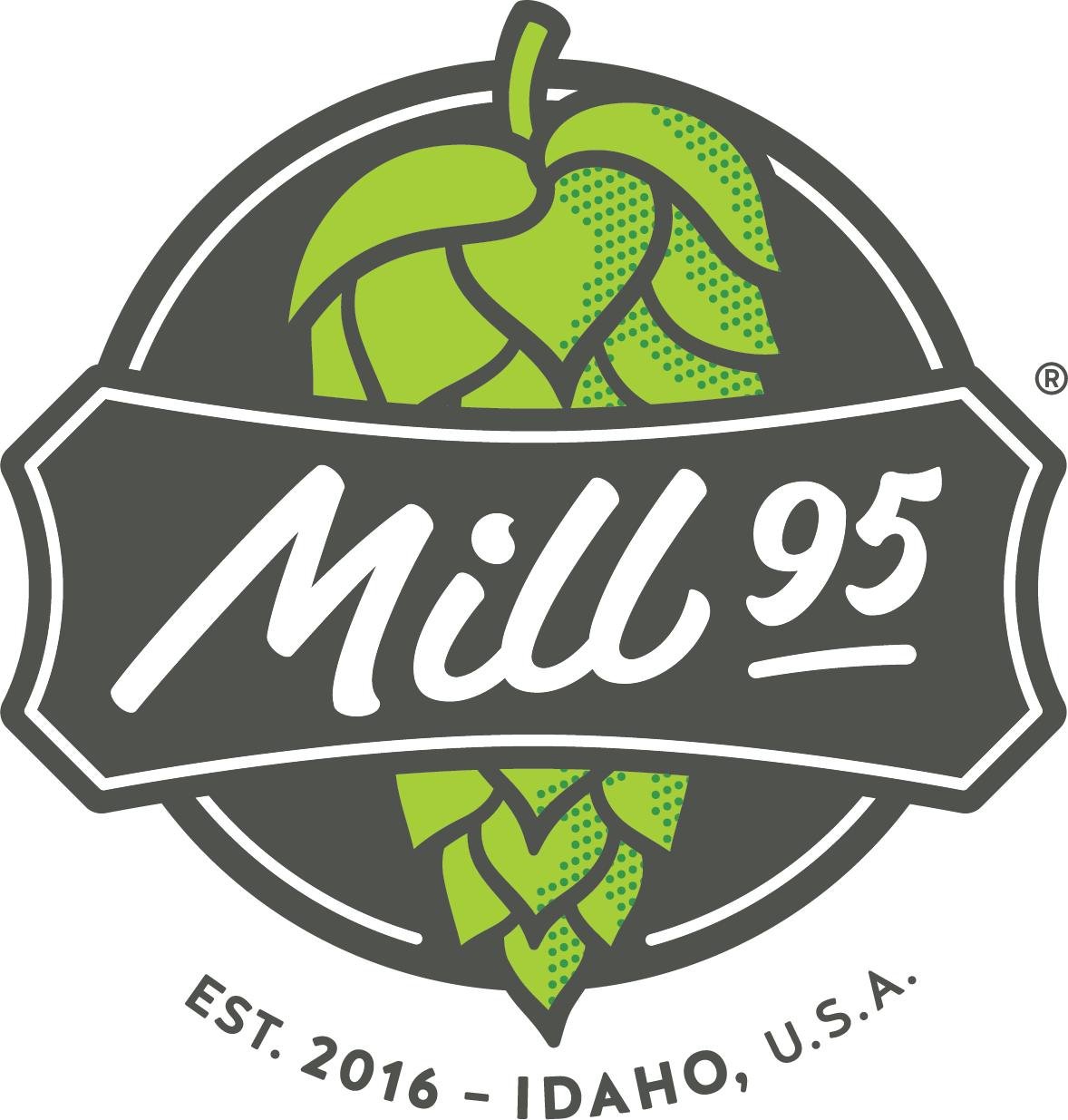This post highlights Mill 95’s collaboration with Mammoth Brewing on a new IPA built around two standout experimental hops, Pink and YQH-1320. From early recipe planning to hop selection and brew day decisions, the piece walks through how the teams crafted a vibrant, aromatic beer that debuted at the California Craft Brewers Conference and showcases the potential of innovative hop varieties.

